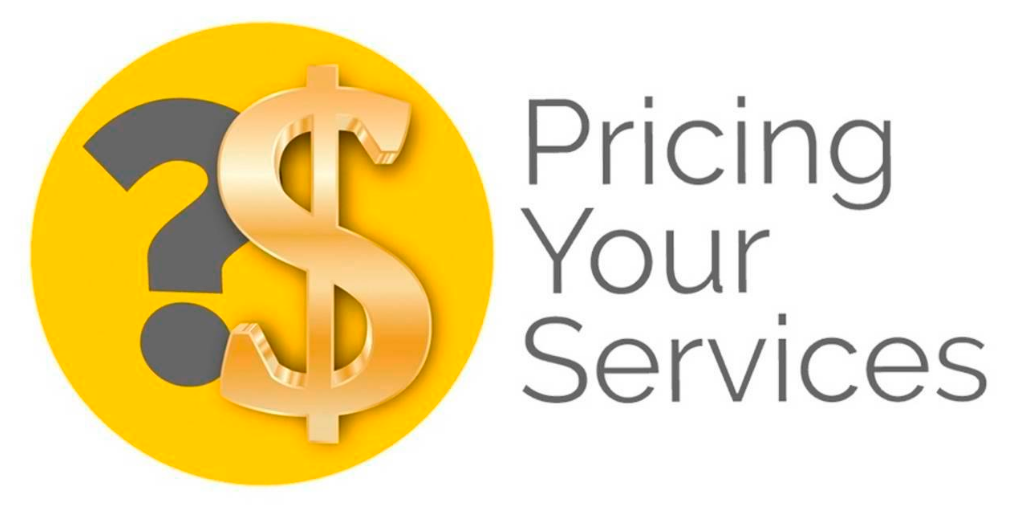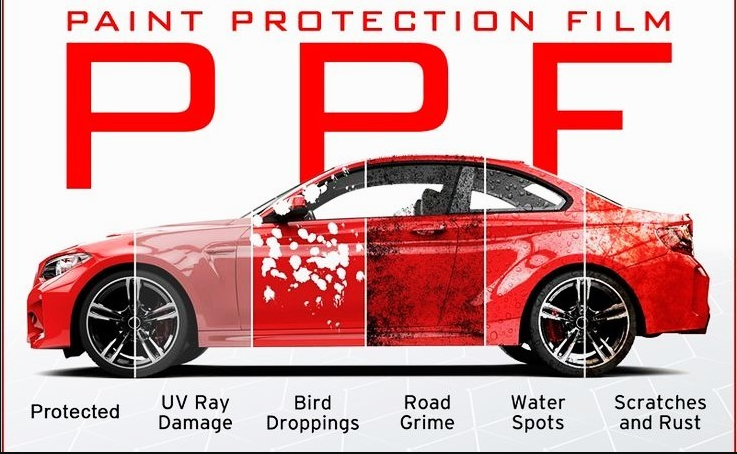1. Introduction
Why Start a Cleaning Business in 2025?
Great innovators in the world have turned to cleaning institutions as a business opportunity. This was brought about by increased awareness of hygiene hazards as well as an inclination towards delegating cleaning chores. As a result, if you want to get established in an amorphous market or even find new career options, opening a cleaning company might be ideal.
Overview of the Cleaning Industry Trends
It appears more ideas are in place that would see potential investors launch into the market owing to trends like climate-friendly solutions as well as the rise of smart technologies. This collateral, however, cuts across every cleaning venture that the aspiring entrepreneur wishes to venture in, planning and expansion inclusive.
2. Preparing Your Business Plan
Identifying Your Niche: Residential or Commercial Cleaning?
Selecting a niche is of utmost importance. Niche in residential cleaning would include homes, apartments and Airbnb. On the other hand, servicing large-scale offices, retail outlets and industrial plants constitutes commercial cleaning.
Setting Clear Goals and Objectives
Timebound objectives may include targets like acquiring 10 clients in the first quarter or even breaking even within a particular period given the first year of operation.
Competitive Analysis and Market Research
Such competitive research enables entrepreneurs and business professionals to determine the most appropriate solutions to provide for customers concerning their competitors’ services.
3. Legal and Financial Setup

Registering Your Business
Registering Your Business Pick a name and, through the right agencies, register your company focusing on the type of business that you are undertaking. If you want to secure your business name, you could think about getting it trademarked.
Choosing a Business Structure
The business structure can be a sole proprietorship for easier management while an LLC can safeguard your assets. A corporation may be a better choice if you are planning business expansion.
Insurance and Licensing Requirements
You will also want to obtain general liability insurance to be safe for any unfortunate incidences alongside ensuring you adhere to the local bylaws of the areas that might have mandatory licenses.
Budgeting and Initial Investments
You should anticipate spending on cleaning supplies, marketing, equipment, and transportation. To start a cleaning service, a person can expect to spend upwards of $500, with more complex services costing around $5000.
4. Equipment and Supplies Checklist
Essential Cleaning Tools and Equipment
High-quality equipment such as mops, vacuums, and protective gear are crucial to have which allows ease in work and also increases the life of the products used.
Eco-Friendly Supplies and Their Benefits
Taking care of the environment nowadays should be a number one priority, using eco-friendly products would ensure that and also attract environmentally friendly customers.
Managing Inventory Efficiently
Being able to monitor your inventory effectively is important, having an inventory system in place helps gather supplies and minimize unnecessary expenses.
5. Branding and Marketing Strategies
Choosing a Memorable Business Name
Marketing is about what you are selling and what appeal you can bring to the market, always try to come up with a catchy name that defines your values, an example could EcoShine Cleaning Solutions
Building a Professional Website
Your website should include accurate descriptions of what would sell potential clients on your services, such as contact details, pricing and any previous client reviews.
Leveraging Social Media for Marketing
Other than a website, social media accounts such as Instagram, or Facebook, provide evidence of previously completed projects.
Networking and Partnering Locally
Take part in local real estate associations or get into agreements with property managers so as to offer assistance wherever needed.
6. Hiring and Training Employees
Defining Roles and Responsibilities
List which employees perform specific functions in the entity for example cleaning, management and support staff.
Training for Efficiency and Customer Service
Fund and support businesses involved in the recruitment of cleaning staff and those which focus on time and task management in dealing with customers.
Ensuring Safety Protocols and Guidelines
Provide safety training with an emphasis on chemical and equipment safety.
7. Pricing Your Services

Understanding Industry Pricing Standards
Determine what other businesses that operate in your area charge for residential and commercial cleaning services.
Creating Service Packages
Offer comprehensive solutions such as one-time or routine cleaning as well as additional services to reach the maximum audience possible.
Handling Quotes and Invoicing
Provide documents containing tenders and billing in the preferred format.
8. Technology and Tools for Growth
Scheduling and CRM Software
Make use of the instruments that have been created such as appointment managers, and client software to engage clients or client liaisons.
Payment Processing Systems
Include other modes of payment such as mobile payments and online payment methods.
Tracking Customer Feedback
Maximize the reviews by asking for and using them to better your services.
9. Operational Checklist
Day-to-Day Workflow and Scheduling
Ensure that routes and schedules are well planned to ensure maximum working hours in the company
Quality Control Measures
There is a need for frequent feedback from clients and inspections aimed at preserving standards.
Handling Client Complaints
Quick and professional responses to complaints foster client trust and retention.
10. Sustainability Practices
Implementing Green Cleaning Methods
Seek out green cleaning supplies that are environmentally responsible and reusable to lessen pollution.
Promoting Your Eco-Friendly Approach
Inform clients about your green practices in your marketing materials so they know you have ecologically conscious customers.
Reducing Waste in Daily Operations
Get rid of wastage by adopting bulk buying strategies, recycling items and similar practices.
11. Managing Finances and Growth

Tracking Expenses and Revenue
Utilize computerized accounts for control of revenue expenses and cash flow to understand what could be fixed.
Scaling Your Business
Grow the business through more personnel recruitment, more services or more locations.
Exploring Franchise Opportunities
This is after getting a working business model where you can think of offering franchises.
12. Common Challenges and Solutions
Dealing with Tough Competition
Use cleaning and other green techniques to provide optimum quality services and differentiate yourself.
Managing Client Expectations
Make it clear in the contracts to clients what you intend to do and talk over all expectations with them.
Handling Employee Turnover
Providing good working conditions and remuneration would assist in minimizing employee turnover.
13. Success Stories and Expert Advice
Insights from Established Cleaning Businesses
Learn from other business owners of cleaning businesses that have been in operation and started in a certain region and expanded.
Tips from Industry Experts
Get their view on the market, their approach towards customer retention, and their operations.
14. Emerging Trends in 2025
The Rise of Smart Cleaning Technology
Devices such as robotic vacuum cleaners are changing the status of the world.
Demand for Specialized Cleaning Services
Areas like cleaning up after renovations or disinfection services are expanding aggressively.
15. Conclusion
In 2025, launching a cleaning business is an exciting adventure filled with many possibilities. With such a detailed checklist and guidance, you can create a winning, growing and durable business. So get started now and make your vision of being an entrepreneur come true.
FAQ’s
[saswp_tiny_multiple_faq headline-0=”h3″ question-0=”1. What are the initial costs of starting a cleaning business in 2025?” answer-0=”The initial costs depend on the scale of your business. For a small residential cleaning service, expect to spend between $500 and $5,000 on equipment, supplies, insurance, and marketing. ” image-0=”” headline-1=”h3″ question-1=”2. Do I need a license or certification to start a cleaning business?” answer-1=”This depends on your location. Some states or regions require licenses, especially for commercial cleaning. Check local regulations to ensure compliance. ” image-1=”” headline-2=”h3″ question-2=”3. How can I attract clients quickly?” answer-2=”Start by offering discounts for first-time clients, networking locally, and leveraging social media platforms. Listing your services on local directories or apps can also help. ” image-2=”” headline-3=”h3″ question-3=”4. Is it necessary to use eco-friendly cleaning products?” answer-3=”While not mandatory, using eco-friendly products is increasingly popular. It appeals to environmentally conscious clients and can set your business apart from competitors. ” image-3=”” headline-4=”h3″ question-4=”5. How can I ensure consistent service quality?” answer-4=”Implement regular training programs, establish clear cleaning protocols, and gather feedback from clients. Quality control measures, such as random inspections, can also help maintain high standards.” image-4=”” count=”5″ html=”true”]







Leave a Reply